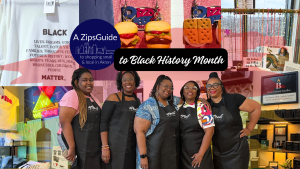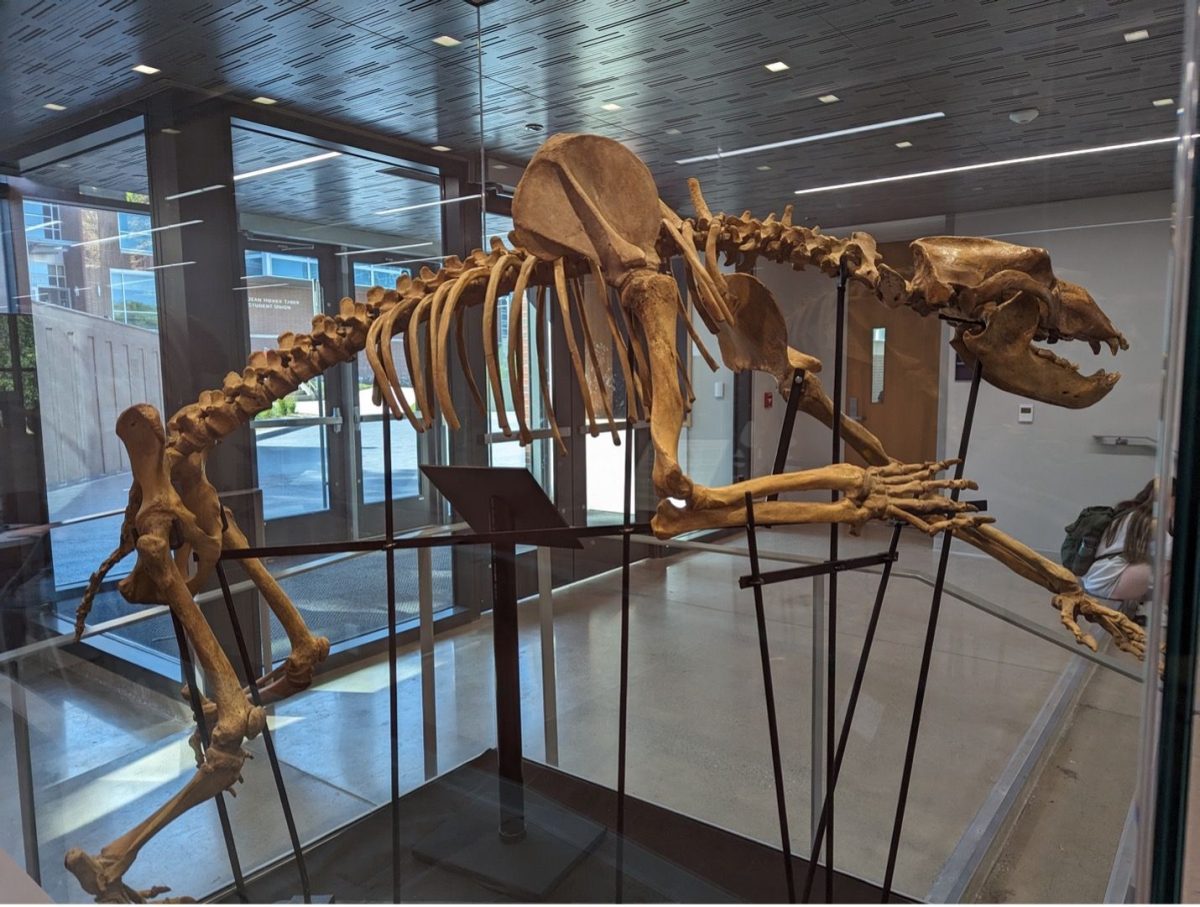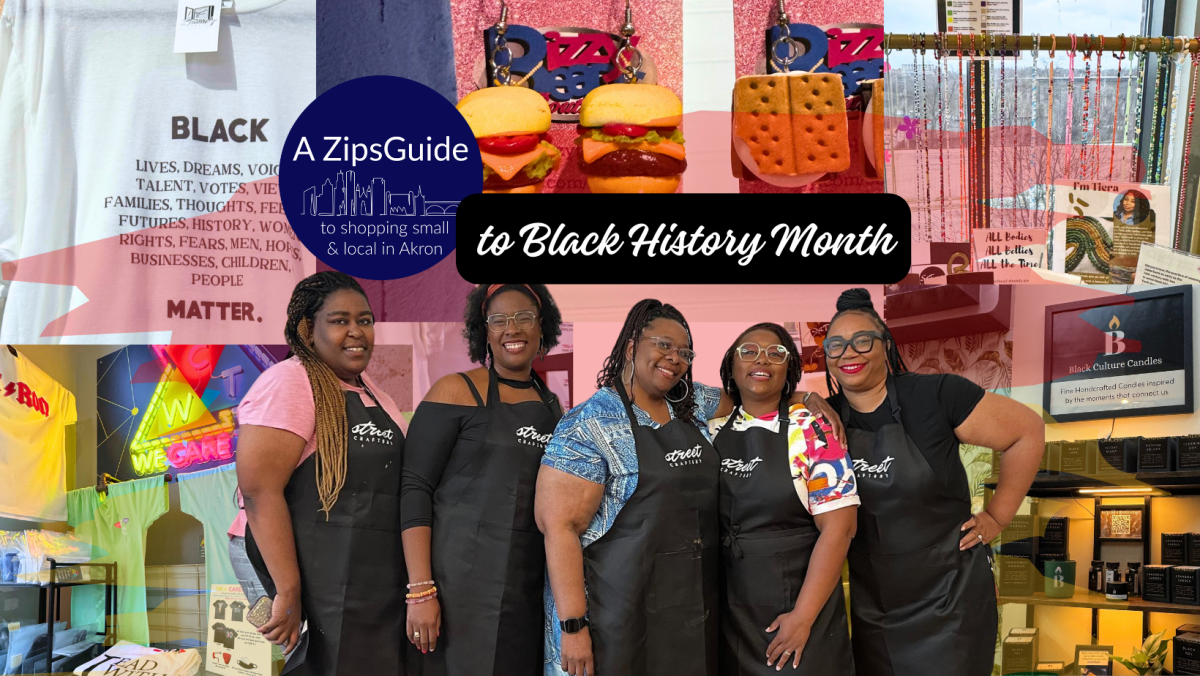Graduate student gives lecture on low-wage work
November 16, 2015
The concept of minimum wage among college students is a hot topic for debate, but so is minimum wage for a single-parent matriarchal household that relies solely on a biweekly paycheck and public benefits.
The University of Oregon’s professor of sociology Ellen Scott and University of Michigan graduate student Shauna Dyer presented a lecture titled “The High Cost of Low Wages,” on Friday Nov. 13 in the Student Union Room 335.
Scott addressed the issue of the rise in low-wage work since the late recession in 2008 and how those who fall under particular circumstances rely heavily on a public safety net to support their needs.
Scott and Dyer used qualitative and quantitative data to conduct a research study that is a prime example of applied sociological work. They challenged the wisdom of subsidizing effectively large corporations to tax public benefits and maintaining in Oregon one of the lowest corporate tax rates in the country.
“In Oregon, over 400,000 workers are employed in low-wage work and low-wage work is a growing share of the economy and in many areas of the state, unemployment remains quite high since the recession and majority of job openings are low-wage work” Scott said. “ Many low-wage workers are working part-time and involuntarily. About half are estimated to rely on public benefits as their safety net in order to make ends meet.”
In Oregon, women constitute 60 percent of minimum wage workers, more than 50 percent are employed, 54 percent of female headed households earn less than $25,000 a year and contrary to public belief that teenage workers make up the minimum wage, majority are estimated on average being 35 years old.
The parents interviewed for this study worked in retail, fast food, food services, manufacturing, and health care services.
These areas are labeled as the typical positions for low wage workers in lots of other venues. The jobs worked were typically fewer hours than what parents wanted, often temporary and seasonal with unpredictable schedules and late hours which they had no control over.
Scott kept in touch with the families who were originally interviewed over time and realized a correlation between the hours they worked, their income, and overall success.
The biggest concern for these families besides their income, was child care. Without a lot of help, single-mothers had to fend for their children before their own needs even if this meant quitting their jobs and depending entirely on public assistance such as Temporary Assistance for Needy Families –a food, cash and housing assistance program.
Many low-wage workers did not have workplace benefits. For many mothers who faced illness, some had sick-leave while others did not and many lost their jobs due to their absence. One example was of a woman who worked at Wal-Mart for several months and was on time to every shift and picked up as many shifts as possible. She considered herself a dependable and responsible asset to the company. She became ill and had to call off for the first time and was told that she might as well not waste her time or theirs, and was fired soon after the conversation.
“It was one thing to compile statistics and view with dismay the growing inequalities that they saw in Oregon,” Dyer said. “But it was quite moving to hear people’s struggles to retain stability for their families, despite homelessness.”
UA sophomore and anthropology major Christy Martin stated, “I currently do not struggle with finances when it comes to obtaining my degree while in college. I cannot even imagine making minimum wage as a student and worried about how I was going to pay for next semester’s classes that most of us are scheduling as we speak.”
UA junior Kelsea Martin has noticed that there will be mothers in her class that bring their children with them.
“I could not imagine being a mother and attending classes. I am working a part-time job right now, making minimum wage and work minimal hours. I don’t even have enough money right now to support myself entirely, let alone another human being,” Martin said. “Thankfully, I get help from family if anything were to happen in my life that would set me back.”
The talk was co-sponsored by the Women’s Studies Program, the Department of Sociology and the Active Methods Research Lab.











